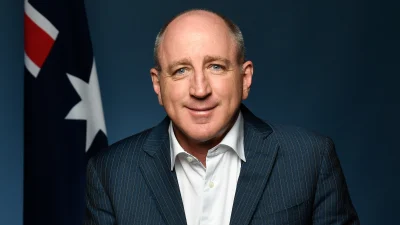ASIC cost recovery move could be lawyer’s picnic


The Australian Securities and Investments Commission (ASIC) risks creating a "lawyer's picnic" if it proceeds with moves to seek to recover the costs of its investigations from the people it successfully prosecutes.
That is the assessment of specialist financial services lawyer, Ian McDermott, who has cautioned that while, at first blush, such a move might appear fair and understandable, it might ultimately prove to be counter-productive.
McDermott, the principal lawyer at imac legal & compliance, said he believed that many of ASIC's attempts to recover cost would be subject to legal appeals from the parties being hit, notwithstanding their ability to pay.
He said that while ASIC had already noted factors such as the financial standing of a person, and issues such as exceptional hardship and its powers under section 91 of the ASIC Act allowing it to recover the costs of investigations, this would not inhibit lawyers in contesting the issue.
"ASIC can expect each and every one of those costs to be analysed and challenged by lawyers acting for their clients," MCDermott said. "Any such costs by a government instrumentality such as ASIC should be fair, reasonable and proportionate in every circumstance. The rules of natural justice and procedural fairness determine that those who are being asked to bear the costs are entitled to question the method and quantum of how such costs were incurred as well as whether they were justified."
"It is not unknown for ASIC to determine that a particular issue is worth pursuing for a prosecution (e.g. as a test case or for what it sees as public policy reasons) and throw huge resources at achieving a resolution. They would need to justify all their cost claims against a defendant if they are to be successful in recovering costs," he said.
"For example, if ASIC threw huge resources at a particular issue I expect they would need to show that all those resources were necessary and contributed to the successful prosecution. But what if ASIC could have succeeded with incurring only a half or quarter of the expenses?"
Recommended for you
With Insignia shares up 32 per cent in the past month and the firm enacting a five-year growth plan, Morningstar believes the two recent acquisition bids from private equity firms demonstrate the company is undervalued.
As financial advisers enter the new year, Assured Support shares eight strategies to help advice businesses thrive through focused and consistent planning.
Insignia Financial has received a takeover bid from a second US firm, topping Bain Capital’s offer with a bid of $4.30 per share.
As the year comes to an end, Money Management takes a look at the biggest announcements that shocked the financial advice industry in 2024.












